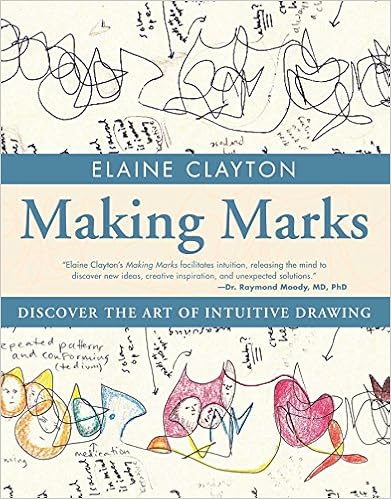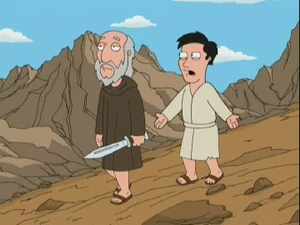And...we're back! A lot has happened since my last post, including serving seven months as the content coordinator for JeducationWorld.com.
This is a moment of schepping nachas (Yiddish for taking pride in something someone has done) for me. The author of this piece, Sarah Stein is one of my kids. That is to say that her formal Jewish education was in my religious school, I recruited her to be a camper at URJ Crane Lake Camp and I have been her teacher and supporter all along. Of course she has done amazing things - nearly all of which I had no hand in accomplishing - and I am proud to have been one of the people cheering her on. The was originally published on the Crane Lake Camp blog.
by Sarah Stein, Unit Head Team Leader

This past week, I attended an evening program with Crane Lake’s Olim Girls, the rising 10th graders, our oldest campers. Many of them had been my very first campers when they were in Nitzanim, entering 4th grade, as our youngest campers. The program was about female empowerment, and I just sat, watching, listening, and learning from these young women I had once been a counselor for. Throughout the year, I had seen so many of them standing up and speaking out for causes that they are passionate about, embodying the values we live by during the summer. I watched in awe and admiration as they came together after a long, hot day, lifting each other up. They spoke eloquently about the struggles they face as teenage girls, and how camp is an escape for them. Camp is a place where they feel heard and loved, a place that is fueled by the value of Chesed, a place where we have created a Culture of Kindness; and a place that has provided all of these things for me.
My first year at Crane Lake was in 2006, the summer before entering 6th grade. I was a quiet child, but each summer at camp, I saw myself growing. I began coming out of my shell, finding my voice, stepping up as a leader, but still staying true to my inner self. I feel my most confident, my most challenged, and like the best version of myself when I am at camp.
Inside of our red gates, I always knew I was not only accepted, but celebrated for who I am. I came to camp from a town where the Jewish population at our school was pretty much just me and my brother. I attended Hebrew School and had Jewish friends from Temple, but I had never felt so immersed in a Jewish community. It was remarkable to me how effortlessly Judaism was infused into our everyday camp lives, our values present at every activity period. T’filah drew me in with the beautiful music and elaborate hand motions, and always has this energy that I find incredibly comforting. It made me feel welcomed and inspired.
At the start of Leadership Team training each year, the Directors challenge us to “discover our why” – our motivation for being at camp, the lasting impact we hope to create. My why is that I believe we can change the world by raising the next generation of leaders. I hope to share with the campers and counselors the important lessons and values I continue to take away from Crane Lake; the values of having courage and speaking out, of being generous and openminded and kind. During the year, I work at a temple in a shared position with the URJ, and I’m able to bridge the kehilah kedoshah, the holy community we create at camp, with the greater Jewish community. I hope to create spaces where campers, staff, students and teachers, feel loved and accepted, can flourish and find their confidence, discover who they are, and then share that with the world.
 |
| Sarah is in the dark blue shirt in the middle |
This statement, our mission, asks every counselor, camper, staff member, and guest to live to their fullest potential, to be present in every moment, and to take advantage of every opportunity. But it also acknowledges that there are limitations. While we may each strive to do as much as we can, in the time that we have, we are able to accomplish so much more together. To me, Crane Lake is a place where I feel loved, accepted and celebrated for who I am. At camp, I am in a place where I can lift others up, and invite and inspire them to fulfill their own potential. This is what I saw in the Olim Girls last week, and this, to me, is the embodiment of camp. I guided the Olim Girls when they were younger. I was able to show them the magnitude of their potential at camp, and all that they can take away from every summer. And now, I have the honor of watching them shine, of seeing them flourish as leaders in the camp community and then bring that courage and perseverance out into the world, inspiring their own campers, and creating their own future.
 |
| Sarah as a young camper |



